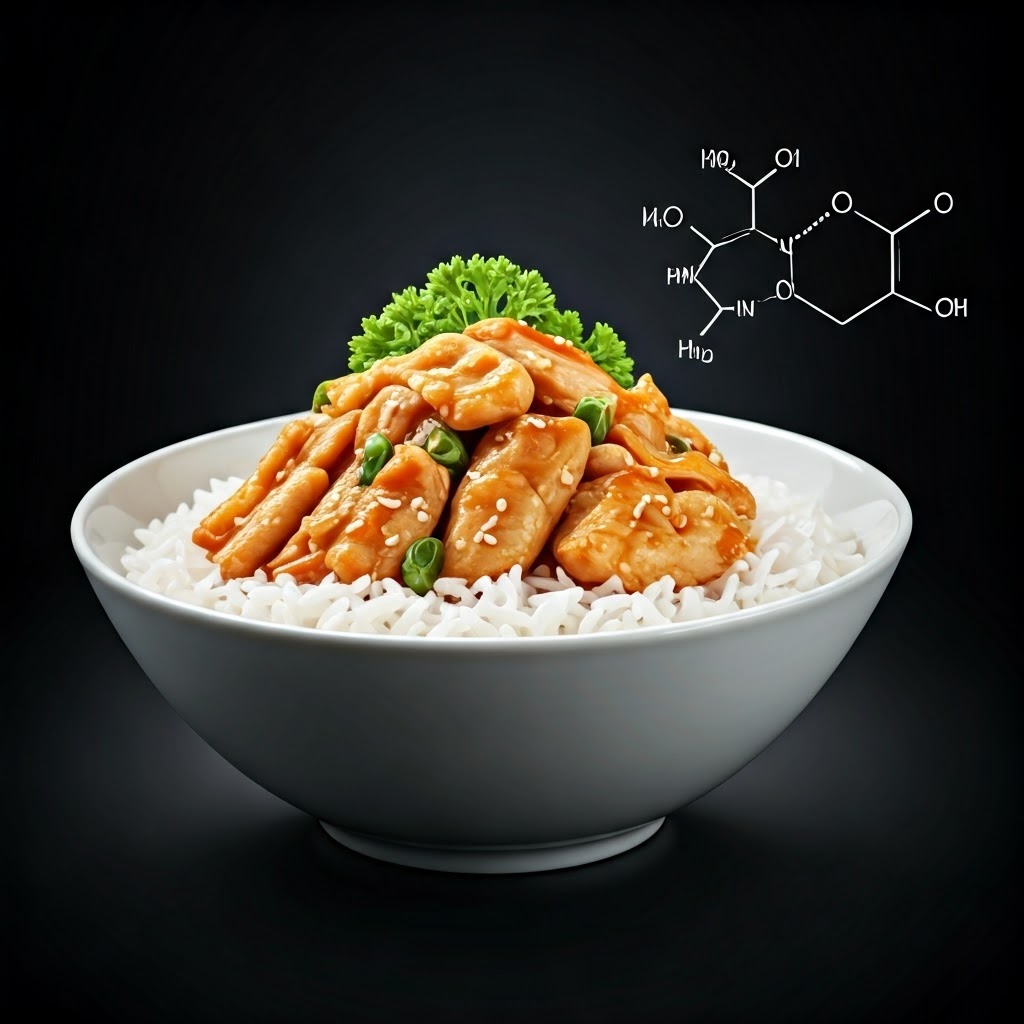Unlock the Umami Secret: Understanding MSG

Ajinomoto’s most famous seasoning is AJI-NO-MOTO®, which is a monosodium glutamate (MSG) product. It is known for its umami flavor, which is considered the fifth taste. AJI-NO-MOTO® is a popular seasoning and flavor enhancer that is widely used in homemade dishes.
Monosodium glutamate (MSG), a flavor enhancer often found in Asian cuisine and processed foods, has been a subject of controversy for decades. While some view it as a dangerous additive, others consider it a harmless way to enhance the savory taste of food. Let’s delve into the history, benefits, and potential drawbacks of MSG to understand its true nature.
A History of Umami
The story of MSG begins in 1908 with Kikunae Ikeda, a Japanese chemist. While enjoying a bowl of kombu seaweed soup, Ikeda was struck by its unique savory taste, distinct from sweet, sour, salty, and bitter. He dedicated himself to isolating the compound responsible for this “fifth taste,” which he named umami.
Ikeda’s research led him to identify glutamic acid, an amino acid naturally found in many foods, as the source of umami. By combining glutamic acid with sodium, he created monosodium glutamate (MSG), a flavor enhancer that could be easily added to food.
In 1909, Ikeda patented his process for producing MSG commercially, and it quickly gained popularity in Japan and beyond. Today, MSG is a widely used ingredient in cuisines around the world, particularly in Asian cooking.
The Benefits of MSG
MSG’s primary benefit is its ability to enhance the savory, umami flavor of food. This makes dishes more appealing and enjoyable to eat.
Here are some other potential benefits of MSG:
Reduced Sodium Content: MSG can help reduce the amount of sodium in food while still providing a salty flavor. This is beneficial for people who are trying to limit their sodium intake.
Potential for Improved Nutrient Absorption: Some studies suggest that MSG may improve the absorption of certain nutrients, such as iron. However, more research is needed to confirm this.
The Drawbacks of MSG
Despite its benefits, MSG has been the subject of much controversy. Some people experience side effects after consuming MSG, such as headaches, nausea, and dizziness. These symptoms are often referred to as “Chinese Restaurant Syndrome,” but the scientific evidence for this is limited.
Here are some potential drawbacks of MSG:
Potential Side Effects: While the scientific evidence is mixed, some individuals experience side effects after consuming MSG. These side effects are often mild and short-lived, but they can be unpleasant for those who experience them.
Unclear Long-Term Effects: The long-term effects of MSG consumption are not fully understood. Some studies have suggested that MSG may be linked to health problems such as obesity, heart disease, and infertility, but more research is needed to confirm these findings.
The MSG Debate: Fact vs. Fiction
The controversy surrounding MSG is often fueled by misinformation and anecdotal evidence. Many studies have investigated the safety of MSG, and the U.S. Food and Drug Administration (FDA) has classified it as a food ingredient that is generally recognized as safe (GRAS).
However, some studies have shown that MSG can cause adverse effects in certain individuals, particularly those with pre-existing conditions. It’s important to note that these studies often have limitations, such as small sample sizes and methodological flaws.
Conclusion: A Balanced Perspective
Monosodium glutamate (MSG) is a flavor enhancer that has been used for over a century. While it has been the subject of controversy, the scientific evidence suggests that it is generally safe for consumption, especially in smaller doses.
However, some individuals may be more sensitive to MSG than others. If you experience any side effects after consuming MSG, you should avoid it.
Ultimately, the decision of whether or not to consume MSG is a personal one. It’s important to be informed about the potential benefits and drawbacks of MSG and to make choices that are right for you.


You Might Also Like
Moringa Ela & Moringa (Drumstick): A Nutrient-Packed Superfood in Kerala Cuisine.🌿
Dive into the wholesome flavors of Kerala with this traditional recipe made...
Broth: The Unsung Hero of Your Kitchen
Broth, the humble liquid foundation of countless dishes, often gets overlooked. But...
Helping Hands Are More Powerful Than Praying Lips.
Prayers bring comfort, but true change begins with action. A helping hand...
How We Feel Anxiety – And Natural Ways to Manage It
Anxiety affects the body and mind in many ways, but simple changes...
Nourish Your Body: Simple Tips and Recipes for Healthy Cooking
In today's fast-paced world, maintaining a healthy diet can often feel like...
Curd: The Everyday Superfood for a Healthy Heart, Strong Bones, and Better Digestion.
Curd is a natural probiotic packed with calcium, protein, and good bacteria....